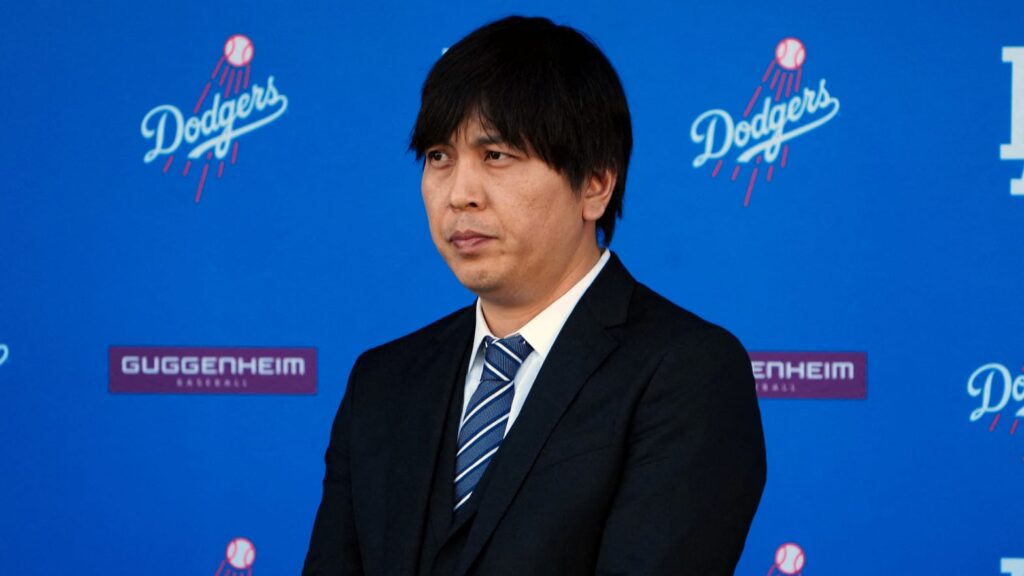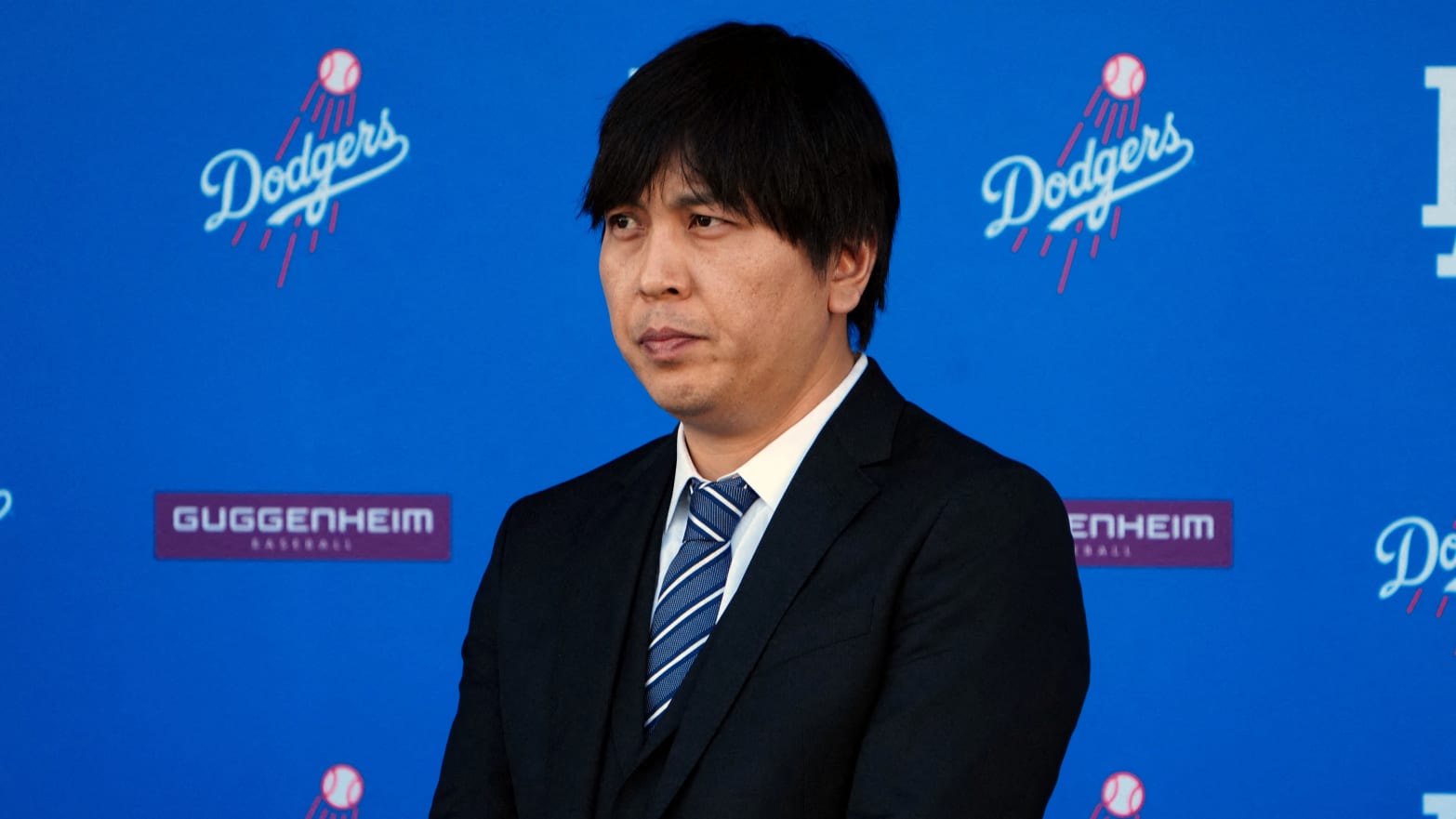“Shohei Ohtani, Ippei Mizuhara, MLB scandal, bank fraud, false tax returns, gambling addiction, sports betting, Major League Baseball, financial betrayal”
“Explore the shocking details of the betrayal involving Shohei Ohtani, as his former interpreter, Ippei Mizuhara, is set to plead guilty to bank fraud and filing false tax returns, stealing millions to fuel his gambling addiction. Uncover the impact of this scandal on Major League Baseball and financial security measures for athletes.”

In a stunning development in Major League Baseball, Ippei Mizuhara, the former interpreter for Japanese baseball superstar Shohei Ohtani, is set to plead guilty to charges of bank fraud and filing false tax returns. This plea, anticipated during a scheduled arraignment on May 14, comes after accusations that Mizuhara stole millions of dollars from Ohtani, leveraging his trusted position to fund a crippling gambling addiction.
Mizuhara, who was often seen smiling next to Ohtani, faces severe legal consequences. The U.S. Department of Justice has outlined that he could potentially receive up to 33 years in prison, along with five years of supervised release and fines amounting to $1,250,000. However, indications are that his sentence may be less severe due to his cooperation with prosecutors.
The charges against Mizuhara detail a grand deception that involved siphoning funds from Ohtani’s bank accounts to cover gambling debts accumulated from thousands of illegal bets on sports ranging from college soccer to the NFL. Over a period from December 2021 to January 2024, Mizuhara made an astonishing 19,000 wagers, an average of about 25 bets per day. Despite the extensive betting, he claims never to have wagered on Major League Baseball games or on performances by Ohtani himself.
The mechanics of the theft were sophisticated. Mizuhara allegedly took advantage of his role as Ohtani’s translator and “de facto manager” during bank visits in Arizona, where he learned Ohtani’s password. He later accessed Ohtani’s bank account, changed the password and email associated with the account to his own, and began authorizing transactions. These actions were done without Ohtani’s knowledge, effectively isolating him from his own finances.
Prosecutors claim that Mizuhara’s fraudulent activities extended beyond just theft. To conceal his activities, he misled Ohtani’s sports agent and financial advisors by asserting that Ohtani wished to keep his financial dealings private. In reality, Mizuhara was desperate to hide the fact that he had embezzled over $16.9 million from the baseball star.
The consequences for Mizuhara extend beyond prison time and financial penalties. His plea agreement includes the obligation to repay the stolen millions to Ohtani and an additional $1.1 million to the IRS. Given his reported financial struggles and the loss of $40 million due to gambling, it is unlikely that Mizuhara has the assets to cover these debts. Moreover, his plea deal prohibits him from selling any collectible baseball cards and sports memorabilia that were seized from his home, closing off potential avenues to raise funds.
The U.S. Attorney, Martin Estrada, criticized Mizuhara’s actions in a public statement, condemning the extent of his deception and theft. He highlighted how Mizuhara exploited his position of trust to fuel his gambling habits, which ultimately led to significant personal and legal repercussions. The plea agreement also stipulates that Mizuhara will likely be deported from the U.S. and denied re-entry after serving his sentence, adding an additional layer of consequence to his actions.
This case underscores the vulnerabilities associated with the personal and financial management of high-profile athletes. It highlights the importance of rigorous oversight and the potential dangers of entrusting financial management to individuals without thorough checks and balances. For Ohtani, this incident is a painful betrayal by someone he trusted, a stark reminder of the complexities and risks involved in managing life as an international sports star.
As this case unfolds, it serves as a cautionary tale for other athletes about the importance of securing their finances and maintaining oversight over those who have access to their personal and financial information. It also reflects the darker side of gambling addiction and the devastation it can cause, not just to the individual involved but to those around them. Mizuhara’s expected guilty plea not only closes a chapter on this regrettable incident but also opens up discussions on trust, betrayal, and recovery in the high-stakes world of professional sports.
Read More-
